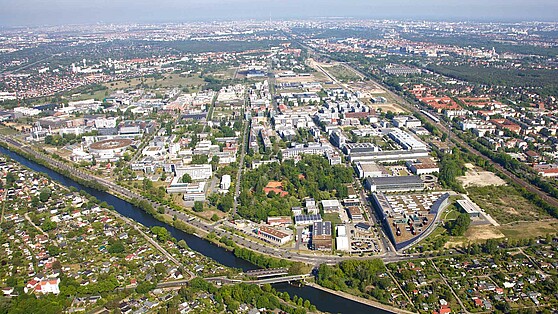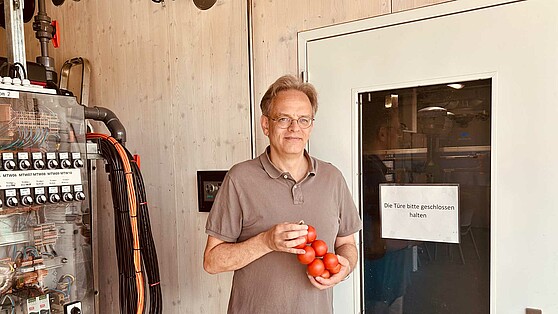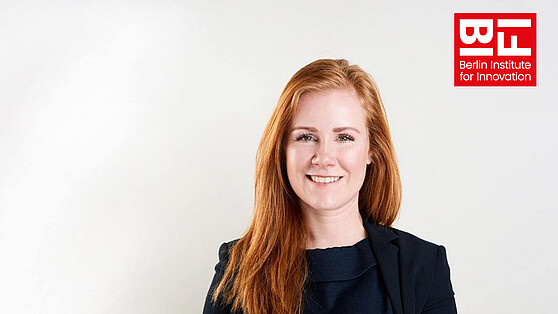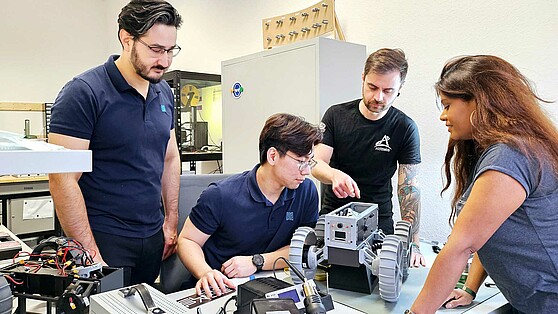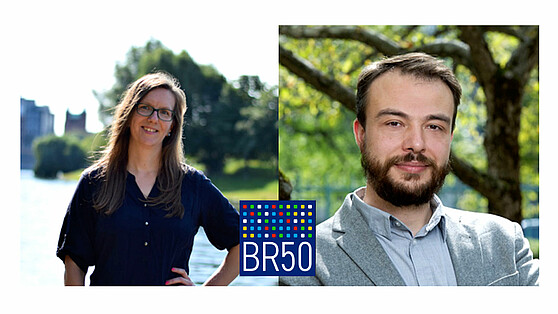-

Photo (private)
22.08.2022New Work – new working concepts for sustainable corporate cultures
A guest article by Prof. Dr. Rainer Zeichhardt, Professor for General Business Administration and Pro-rector for Studies and Teaching at the BSP – Business & Law School in Berlin. The core of the teaching and research of the Brain City Ambassador are modern management and leadership topics such as digital leadership and transformation.
New Work is "in"
The New Work phenomenon has been the subject of widespread discussion and not just since the corona pandemic and the associated changes in working conditions. “New” working concepts have always been tried out regularly in corporate practice and examined in management research. On closer inspection, it is noticeable that “New Work” is often used as a cipher that summarises different subject areas. New Work discussions range from media-facilitated work in the home office to self-determined workplace and working time organisation to work in the hip environments of the co-working and start-up scene.
What is New Work?
From the point of view of the philosopher Frithjof Bergmann, who is regarded as the main founder of the New Work movement, the key question is “what people really really [sic] want”. The “new” in the phenomenon of New Work therefore relates primarily to the differentiation from classic work and organisational models with the underlying traditional images of people and hierarchical management concepts. New Work does not focus on paid work, rather on an understanding of work as a possibility of self-realisation, of being absorbed in fulfilling activities. New Work is aligned with the “purpose”, the deeper meaning of an organisation or the “why” of a business model. This makes it clear that New Work in a narrower understanding encompasses much more than start-up culture artefacts like fruit baskets and table-football.
New Work in teaching, research and practice transfer at the BSP - Business & Law School Berlin
At the BSP – Business & Law School we have integrated the topic of New Work into our bachelor’s and master’s courses in the form of modern management modules. The main areas of focus in teaching and research are, for example, the changed working conditions and forms of work in the course of digital transformation. Specifically, it is about new self-organisation concepts, the challenges of agile project work or the importance of modern leadership mindsets for the digital age.
Especially when dealing with highly topical issues such as New Work, the continuous exchange between science and practice is important. Practical access for the BSP is provided, for example, by the Berlin Partner Network and various transfer projects. The capital Berlin offers excellent framework conditions not only to experience the facets of New Work, but also to research them and integrate them into teaching. In addition to contacts with the lively start-up scene and exchange opportunities at digital festivals such as re:publica or hub.berlin, the many branch offices of nationally and internationally established companies in the form of digital units, labs or hubs provide exciting insights into modern alternative forms of work.
This is also where trends such as New Pay (alternative remuneration models by means of, for example, transparent, self-selected salaries), time- and space-limited work philosophies such as Digital Nomadism or concepts such as Workations (interweaving of work and leisure) and Shared Leadership (distribution of management tasks and responsibilities among several employees) become apparent. The BSP also deals with the specific framework conditions and challenges of small and medium-sized enterprises (SMEs). The BSP is the consortium leader of the Mittelstand-Digital Zentrum Zukunftskultur (link available in German only). In this project funded by the Federal Ministry of Economics and Climate Protection (BMWK), together with our consortium partners, we support SMEs in building and living a sustainable corporate culture.
New Work as a corporate culture phenomenon
In this context, we understand New Work as an important cultural phenomenon. Organisational cultures are an expression of collective values and behavioural patterns. Cultures are complex phenomena because they develop emergently and can therefore only be purposefully designed to a limited extent.The practice of change management shows that cultural change is very demanding. Structures and processes of organisations can be designed in a targeted manner to a certain extent. However, this does not guarantee a change in the collective behaviour of individual actors and groups. A targeted cultural change, for example by means of the introduction of individual New Work elements by management, reaches its limits when these are only implemented superficially. If the work culture promised in glossy brochures and on social media is lived and experienced quite differently in reality, this can lead to rejection and reactance on the part of organisational members.
Frithjof Bergmann already emphasised that real new work is much more than paid work with some trimmings. New work is rather a redemption. This suggests that New Work needs to be deeply embedded in organisational culture to be truly effective. The social scientist Edgar Schein drew attention to the fact that cultures are multi-layered with his famous level model of corporate culture. Accordingly, New Work as a cultural phenomenon does not only encompass the visible symbols of an organisation, such as casual clothing, an “informal culture” or cool office furniture. New Work is also based on shared norms and standards. This includes, for example, clear rules for working from home, frameworks for agile work and guidelines for self-organised projects. Above all, however, it is based on lived and often implicit basic assumptions – such as a complex image of humanity, maxims of self-realisation or a shared understanding of the meaning of work and life.
A well-founded discussion of New Work as part of corporate culture also requires a sensitisation to the ambivalence of the phenomenon. In this way, New Work can clarify areas of tension in organisations and cause cultural conflicts. Potential conflicts could arise, for example, where traditional management concepts collide with modern leadership mindsets, where the maximisation of benefits for individual actors working from home conflicts with the purpose of the company and where the work mentality of a digital unit does not rub off on the workforce of the core organisation.
Particular challenges have recently become visible in the corona pandemic, using the example of work that is not limited in terms of space or time. The debate about digitisation and autonomy makes it clear that digital self-determination depends on different areas of activity. Privileges have been shown above all in intellectual work, while digital self-determination in domains of production and in the service sector was not possible at all or only to a limited extent. There is a danger that a digital class society of work domains will emerge. And that the gap between digital self-determination and digital Taylorism – which demarcates intellectually demanding activities from simple ones – is growing. This would reverse the original core idea of New Work in times of digital change.
Conditions for successful New Work initiatives in cultural change
As just illustrated, New Work is a complex phenomenon. In order for it to apply deeply and constructively in the sense of meaningful work, it is important to deal with the various aspects as well as possibilities and limits of New Work throughout the organisation. It will only be effective if initiatives are not just proclaimed superficially, but are implemented comprehensively and really lived. This requires the integration of New Work into the corporate culture at all levels. The success of New Work therefore depends not only on the mindsets and shaping activities of individual managers, but on all those involved in the organisation. This requires open communication, participation and, above all, trust.
XING: www.xing.com/profile/Rainer_Zeichhardt
LinkedIn: https://de.linkedin.com/in/rainer-zeichhardt-a7687588
